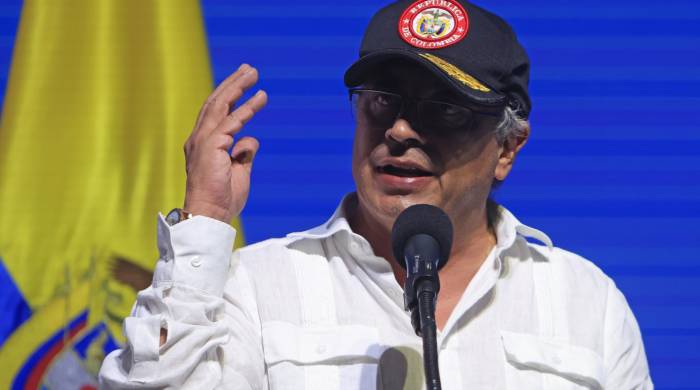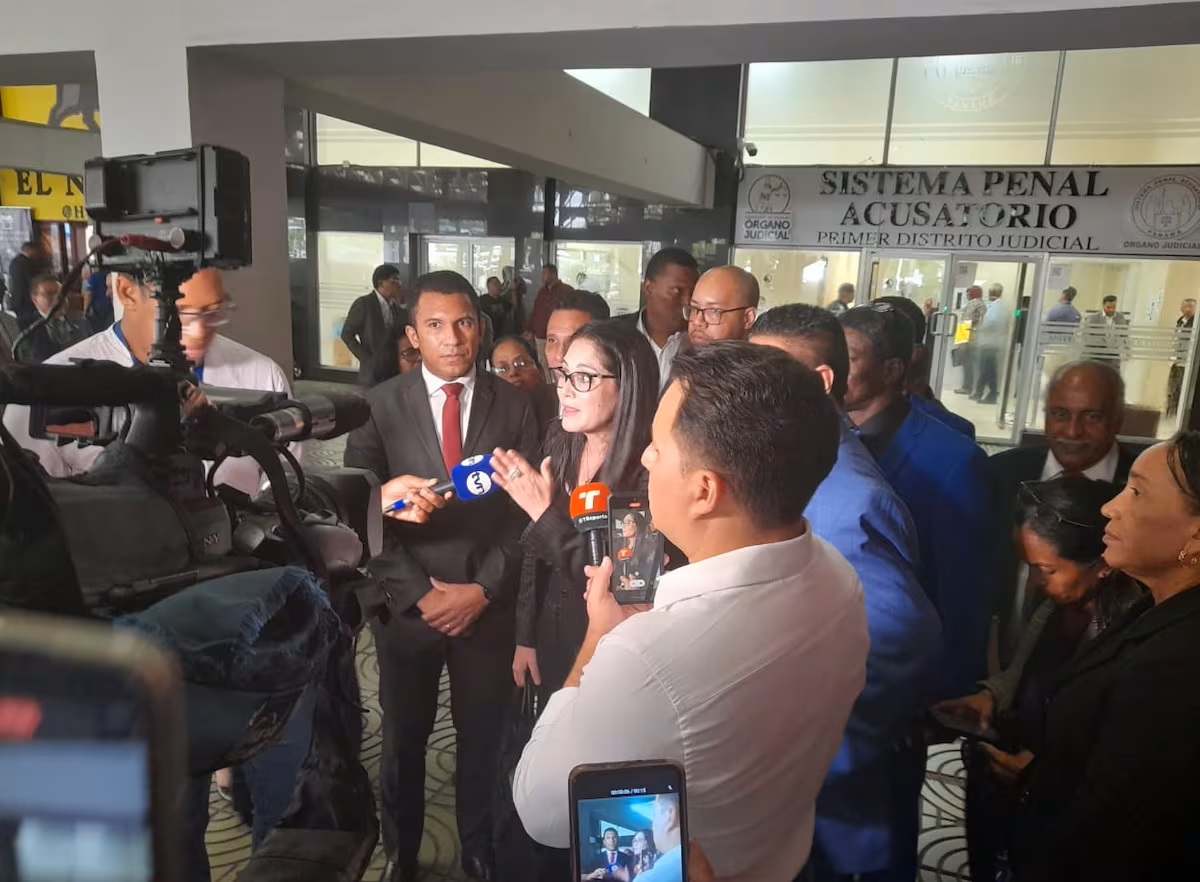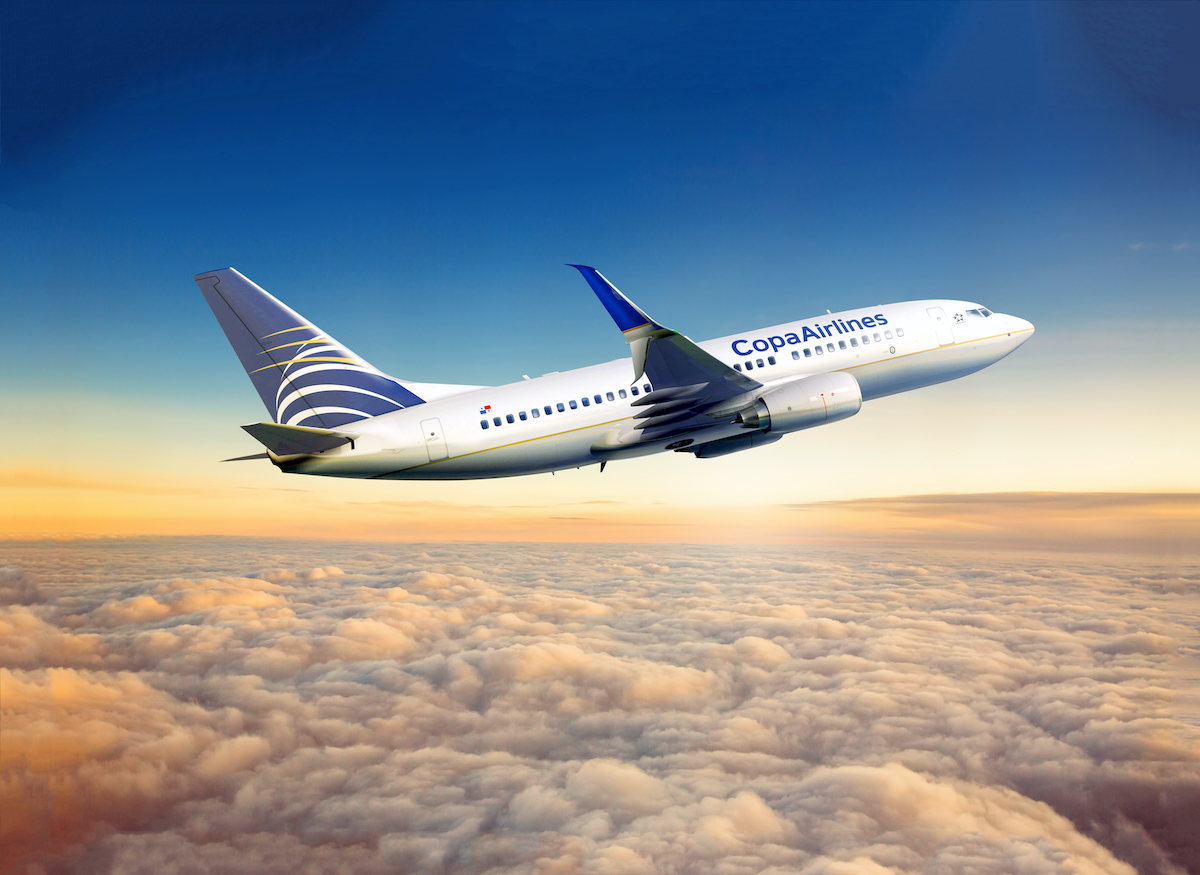An Alternative to the Panama Canal – A Train in the Darien

A train that starts and ends in the Darien is the proposal of Colombian President Gustavo Petro so that Colombia has its own transoceanic route; this is what the president indicated in an event held Thursday July 4 in the department of Chocó, bordering Panama. Petro previously expressed his interest in a project that would serve as an alternative to the Panama Canal, especially given the water problems the canal had due to the El Niño phenomenon. According to reports from the Transport Infrastructure Planning Unit (Upit) revealed by the magazine Cambio, the project was in a ‘pre-feasibility phase’ until March of this year, denoting a potential step towards its realization. However, the construction of the railway could not go ahead without a popular consultation with the inhabitants of the Colombian Darien, which mostly covers the department of Chocó.
“We cannot move forward with the project if the indigenous population and the black population that inhabits the territory do not agree,” Petro told reporters in the Domingodó community. A turning point for the project is its financing. Just to build the railway, 25 billion pesos are required, which converted to dollars is about 6 billion. But that is not all. 359 million dollars would also be needed to acquire rolling stock and another $340 million for port infrastructure. The cost of construction ”is paid for with the same toll as the containers,” according to President Petro, so his concern is centered on what the communities of the region decide and the environmental impact of the project. ”The transoceanic train is expensive, because otherwise it would have environmental problems in a jungle that needs to be protected,” he said.
A train crossing the Darien does not sound far-fetched to Omar Jaen, who says that it is much more sensible than other railway proposals. ”Technical and economic feasibility studies, as well as environmental impact studies and mitigation measures, should not present major difficulties. Construction, in a few years, would not require excessive engineering efforts either,” Jaén said. When consulted by Infobae, Professor Manuel Sarmiento of the Externado University of Colombia had a different opinion: “In my opinion, and unless there is an international investor interested in the project, it is not viable due to financial, topographical and environmental difficulties. The Government should focus on reactivating the railway sector on the current railway network.” So far, no date has been set for the consultation that Petro will hold in Chocó, which will determine whether the project continues or not.






